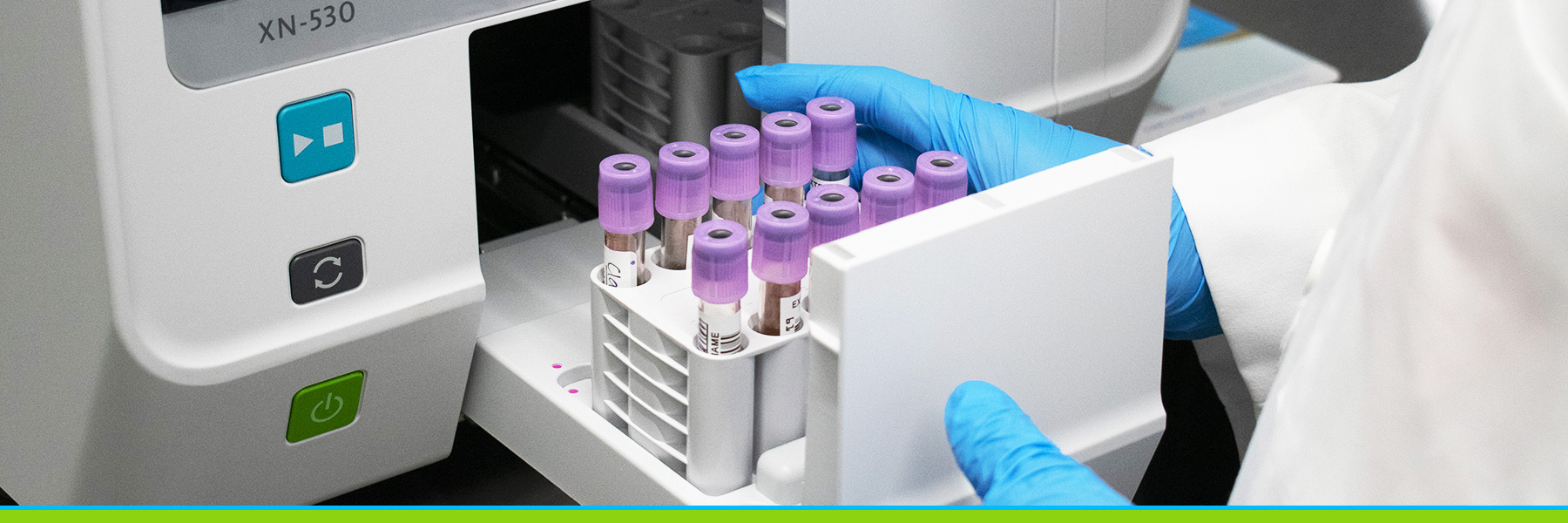
![]()
Fasting (not eating or drinking anything except water) for 8-12 hours is recommended but not required. For most, not fasting is acceptable; however, those who choose not to fast may show elevated triglyceride levels.
Everything in Wellness Gauge Package PLUS:
Everything in Wellness Gauge Package PLUS:
Your blood sugar acts a critical barometer when it comes to your health, as elevated blood sugar levels are often indicative of prediabetes and diabetes: a serious disease that can ultimately affect the health and function of other parts of the body including your nervous system, eyes, and kidneys.
This HbA1c (hemoglobin A1c) test provides a measure of your average blood sugar level over an extended period (typically 8-12 weeks) and is a useful tool for both detecting and/or monitoring diabetes. Standard glucose tests can only measure sugar levels in the blood at the time the sample is collected.
Vitamin D is both a nutrient you eat as well as a hormone that is produced in your skin in response to sunlight; it plays a significant role in bone health because it helps regulate calcium and phosphorus— two essential minerals that work together to build strong bones.
This test evaluates 25-hydroxyvitamin D (25-D): the best measure of how much vitamin D is stored in your body. A prolonged deficiency in vitamin D can pose health risks. Vitamin D occurs naturally in very few foods so most people cannot get sufficient vitamin D through nutrition alone. If vitamin D levels are low, vitamin supplementation may be helpful, especially when access to natural sunlight is limited.
Thyroid Function screening determines the level of thyroid-stimulating hormone (TSH) in your blood. A TSH test is done to find out if your thyroid gland is working the way it should. It can tell you if it’s overactive (hyperthyroidism) or underactive (hypothyroidism). The test can also detect a thyroid disorder before you have any symptoms. If untreated, a thyroid disorder can cause health problems. TSH stands for “thyroid stimulating hormone” and the test measures how much of this hormone is in your blood. TSH is produced by the pituitary gland in your brain. This gland tells your thyroid to make and release the thyroid hormones into your blood.
Prostate cancer is a common cancer in men. The prostate-specific antigen (PSA) test measures the level of PSA in the blood. Elevated levels of PSA in the blood could indicate the presence of cancer, but could also indicate an infection or an enlarged prostate. The wide availability of PSA screening has meant that many prostate cancers are now found earlier and can be treated more effectively, but PSA testing is only the first step when prostate cancer is possible, so please discuss your screening results with your doctor.
Inflammation is one of your body’s most powerful tools for fighting injury and infection. Inflammation is part of the body’s natural defense mechanism in response to injury, infection, or irritants to combat and fix the damage or effect. This test measures (at high sensitivity) the level of C-reactive protein: a substance made by the liver in response to inflammation, which may indicate the presence of an illness, injury, or infection. Elevated CRP levels are associated with several diseases and conditions including diabetes, rheumatoid arthritis, and cancer. Note: CRP levels can be elevated from recent injury, illnesses, or infection. Further testing may be required to determine the source of CRP elevation.
When it comes to a man’s sexual health and vitality, there isn’t a measure that matters more.Testosterone is responsible for many essential characteristics and functions within the male body. Testosterone is usually found in the blood of both men and woman. A testosterone test can help you determine if your testosterone level is within the normal range for your age. This test measures the total level of testosterone in the body, which is one of the factors responsible for regulating sex drive (libido), bone mass, fat distribution, muscle mass, and production of red blood cells and sperm.